Over-Service: When to Draw the Line?
Recognizing the signs of intoxication can be challenging but is necessary for both safer communities and for your customers. When in doubt, don’t serve alcohol.
The decision not to serve a customer who is apparently under the influence could not only save a liquor license, but it could also save someone’s life. Knowing the signs of intoxication is a must for licensees and their employees. It is illegal to serve or sell alcohol to anyone who appears to be intoxicated or “apparently under the influence” (RCW 66.44.200).
What are the common signs of intoxication?
Lack of physical coordination
- Spilling drinks
- Loss of muscle control
- Missing mouth when raising the glass to drink
- Inability to focus — squinting
Carelessness or clumsiness with money, credit cards, keys or electronic devices
- Dropping or fumbling with personal items
- Trouble picking up money or getting their wallet out
- Dexterity problems with cell phone
Unsteady walking
- Watch for customers who are bumping into furniture or other customers
- Staggering when walking to and from the restrooms
- Swaying while standing
Behavior changes
- Becoming loud with customers or their phone
- Inconsiderate of others while on their cell phone
- Becoming aggressive or annoying with other customers
- Swearing
- Complaining about service quality or price of drinks
- Becoming overly friendly
- Buying rounds of drinks for strangers
- Losing concentration and train of thought
- Avoiding eye contact
- Bobbing head or eyelids drooping
- Relaxed inhibitions
- Impaired judgment
- Slowed reaction time or deliberate movements
- Disorderly behavior
Speech patterns
- Slurred words
- Loud talking
- Fumbling over words
- Incoherent train of thought

Other Considerations
If a customer appears to explain a warning sign for possible intoxication, such as unsteady walking because of leg braces, look for additional signs that may signal intoxication. Since some characteristics of certain disabilities may mimic signs of intoxication, only through diligent communication can you assure that individuals with disabilities are treated fairly. Do not be afraid to ask questions.
DUI Place of Last Drink Program
In Washington State, law enforcement captures data from the DUI processing questionnaire regarding the place a DUI suspect may have consumed their last drink. LCB gets this data monthly from Washington State Patrol. Be aware that if a person involved in a DUI traffic stop identifies your business as their place of last drink, it may affect your license. It benefits licensees to help identify intoxication and eliminate over-service situations to prevent dangerous situations on our roads.
